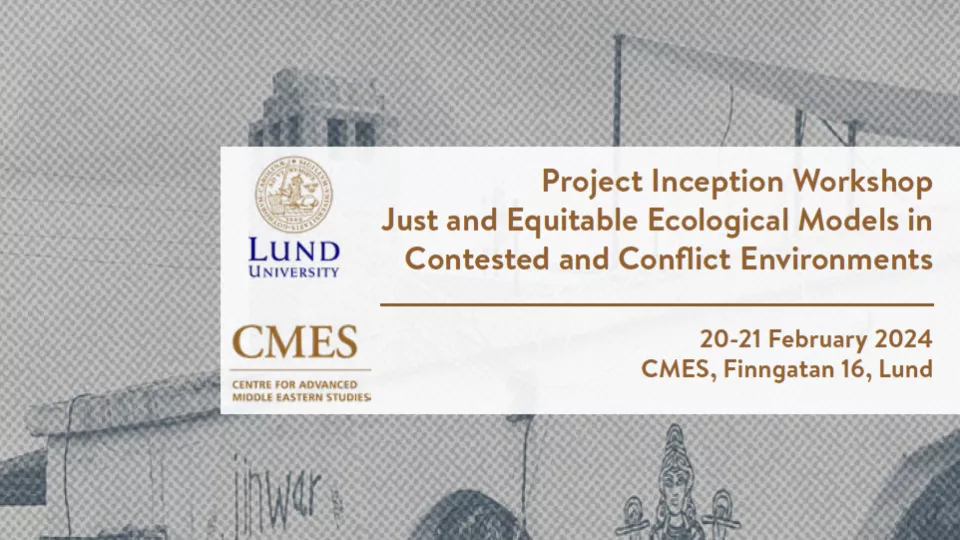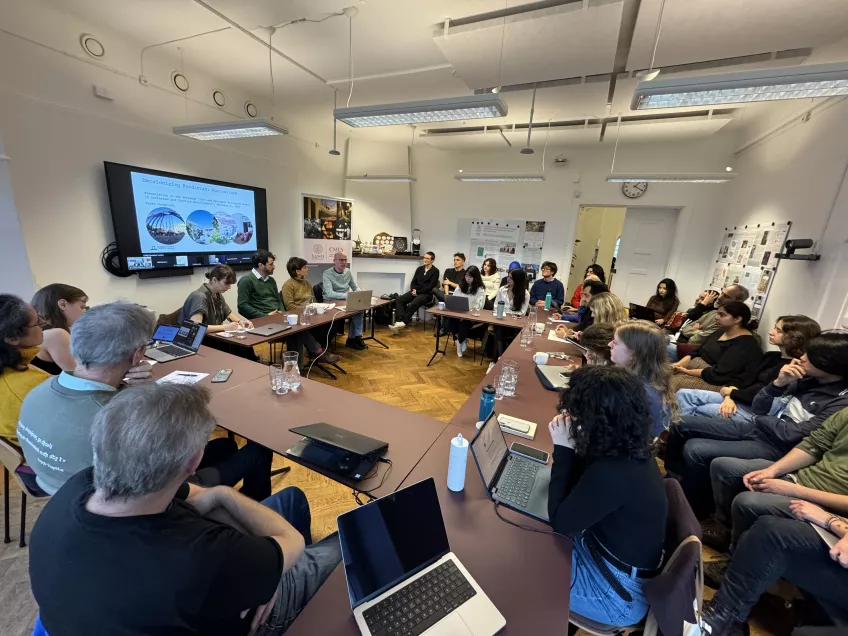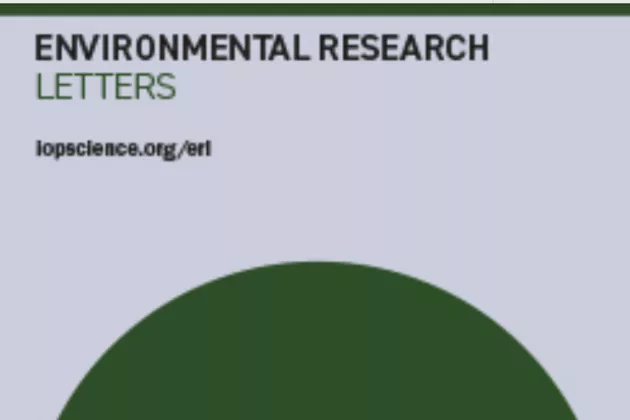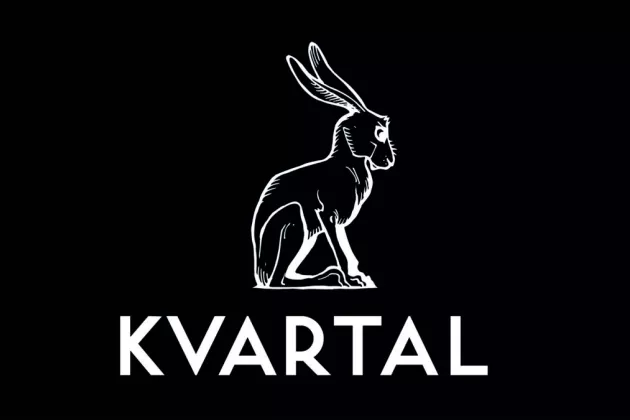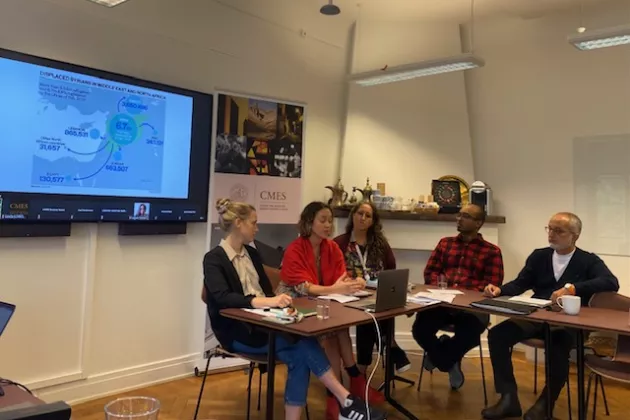On 20-21 February, CMES hosted the workshop “Just and Equitable Ecological Models in Contested and Conflict Environments”, organized by the ECO-Syria project team at CMES. The aim of the workshop was to bring together scholars and experts to discuss the three main pillars of the ECO-Syria project: (1) conflict; (2) environment; and (3) policy. The goal was to unpack these three pillars, explore the political and environmental dimensions in a conflict-ridden region, and discuss opportunities and constraints for (international) partnerships for environmental cooperation.
There were a total of 20 participants at the workshop, including the ECO-Syria team and interns, a number of scholars from Lund University and Sweden, as well as scholars and experts from Denmark, Jordan, the Netherlands, Portugal, Syria and the USA.
At the end of intense and lively discussions, workshop participants were able to share knowledge and expertise, create a new network and develop ideas for future collaborations. Among the things discussed were issues of access to fieldwork, technical issues around data (e.g. remote sensing, conflict) and the need to establish a dialogue between local and international organisations working on Syria. There is an overwhelming diversity of environmental issues on the ground, which go beyond the scope of the ECO-Syria project, and possible ways of exploring these issues in a future project were discussed.
The two-day workshop was concluded with a very well attended public roundtable on conflict and environment in Kurdistan, chaired by the PI of the ECO-Syria project, Pinar Dinc. The roundtable included presentations by Joost Jongerden, Eleonora Gea Piccardi and Necmettin Türk.


